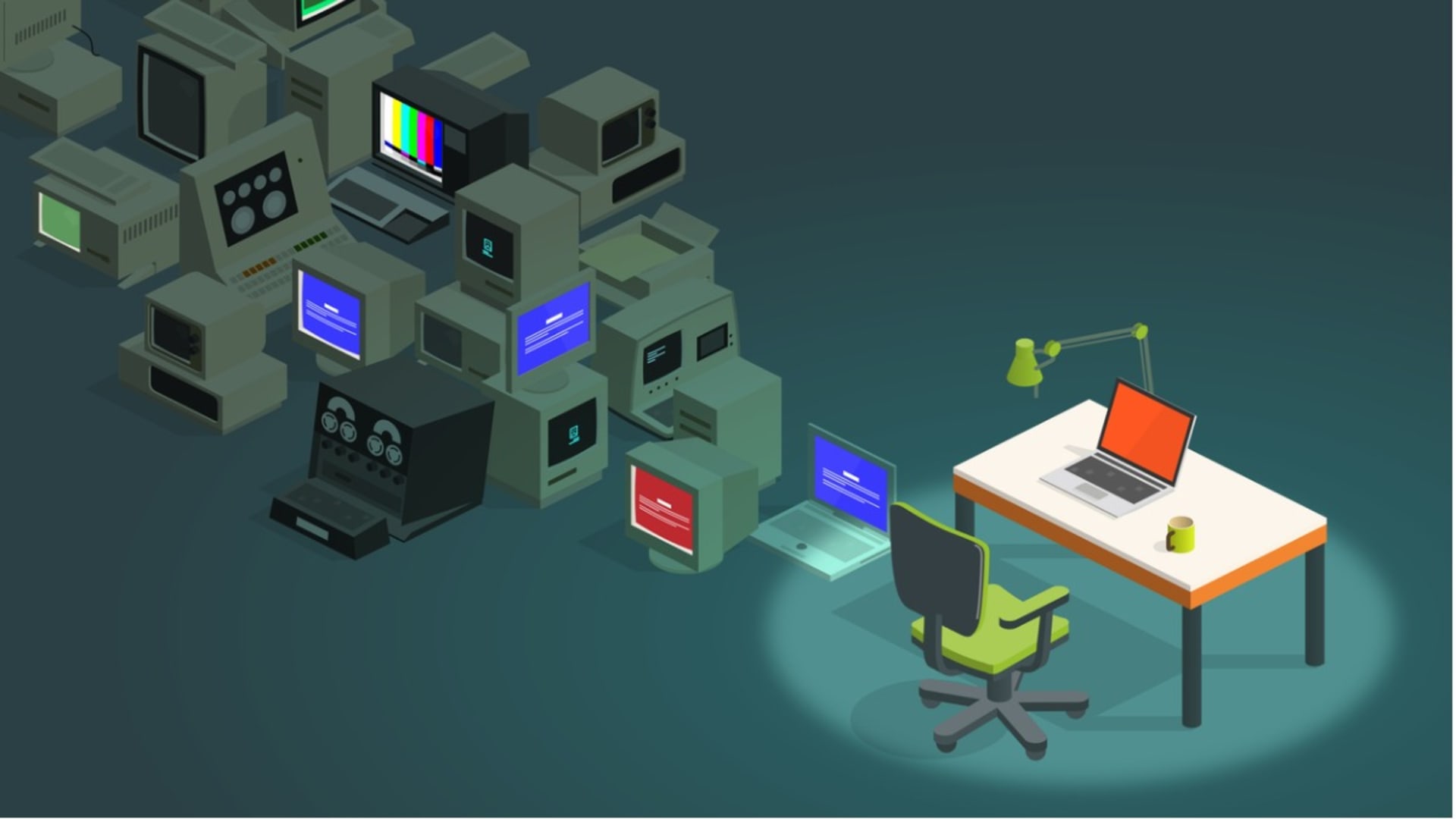Up to this point, you’ve surely read somewhere that remote work can help fight climate change. People trying to convince business leaders to go remote always cite it as a feel-good reason to do so. We’ve even mentioned it ourselves in our articles (and included it as one of the main benefits in our newest white paper). Yet, not many take the time to truly explain how that happens.
Sure, we (and many others) pointed out that remote work greatly reduces greenhouse gas emissions that come from commuting. But it’s worth taking a deeper look at the real impact of remote work and how it can help fight climate change. That’s what I’m about to do—review some key studies and reports to better understand the relationship between remote work and climate change.
Fulfilling Expectations
Before diving into the hard data about remote work and carbon emissions, it’s important to understand why we have an unprecedented opportunity to make a direct impact on the fight against climate change. There are 2 things to consider here: the overall sentiment surrounding climate change and the perspectives surrounding remote work.
According to a recent Pew Research Center survey, in 17 advanced economies spanning countries in North America, Europe, and the Asia-Pacific region, 72% of people believe that climate change will harm them personally at some point during their lifetimes. What’s more, 80% of those surveyed are willing to make changes to how they live and work to help curb the effects of climate change.
It’s hard to be surprised by those numbers. As years pass, the effects of climate change get more visible and harsh, urging people to take action today. Extreme weather impacts each and every one of our activities, threatening our ways of living across the board. That’s why more and more people are expecting major societal actors (like governments and big enterprises) to take decisive action against this phenomenon.
We should also consider the expectations about remote work. I know that it sounds random and completely unrelated, but trust me on this one—it’ll all make sense in a minute. Ever since the pandemic started, companies have increasingly adopted remote work as a valid working model. Sure, at first they did so because it was the only option to keep some sense of normalcy among stay-at-home orders and global quarantines. But today, they are seeing remote work as more than just an emergency model.
For companies like BairesDev, who have been pushing for distributed teams as the future of work since day one, that feels like an obvious move. Yet, it’s important to see entire industries shifting their way of thinking. What’s more important is that workers have started seeing remote work as the best model and are now expecting it from their employers. That’s especially true for millennials, the largest generation in the modern workforce, which is more likely to embrace remote work than any other generation before it.
As you can see, most people are expecting 2 seemingly unrelated things from companies: for organizations to help fight climate change and embrace remote work. Funnily enough, businesses can fulfill both expectations at the same time.
Why Remote Work Makes Sense for Everyone
Embracing remote work just because people expect companies to do so isn’t precisely a compelling reason for many business leaders. For them, the benefits of remote work should be enough to go with this working model. Among the many advantages, remote work can increase productivity, expand the team, save money in infrastructure, reduce absenteeism, and allow for more diversity and flexibility, among other benefits.
Perhaps the fact that will immediately catch everyone’s attention here is cost savings. It’s enough to say that Global Workplace Analytics estimates that companies could save up to $11,000 a year for each employee who works from home half of the time. Businesses aren’t the only ones that benefit from cost savings. The same report found that employees working remotely 50% of the time save between $2,000 and $7,000 per year.
Remote work proves to be beneficial for both employees and employers, but as hinted above, it can also be beneficial for society at large. It’s not that the advantages I mentioned aren’t enough, but if you add the benefits related to climate change, then you understand why remote work makes a difference for everyone.
Using the same reasoning (employees working from home 50% of the time), Global Workplace Analytics calculated that the U.S. could reduce its greenhouse gas emissions in such a way that it’d be the equivalent of taking all New Yorkers off the road—permanently! To put it in numbers, that’s about 8.3 million people who wouldn’t have to commute at all, preventing them from contributing to climate change.
But that’s not all. A 2017 study estimated the environmental impact of taking half of those 8.3 million New Yorkers off the roads for good. The results are quite impressive. If approximately 4 million workers adopt remote work, there would be a reduction of 3 million tons of greenhouse gases, the equivalent of planting almost 92 million trees.
With those numbers (which are outdated and definitely higher today), the expectations from the workforce, and the interests of companies, adopting remote work feels like a no-brainer.
Why Not Go Remote?
If benefits are so evident for everyone involved, why aren’t more companies pushing for remote work? It’s true that we’re seeing more businesses than ever before adopting this working model, but the truth is that many others are still reluctant about it. In fact, there are companies that want their employees back in the office when the pandemic is over, which shows that there’s still opposition to remote work.
The reasons for that are varied: Companies fear a decrease in productivity, lack of control over their employees, threats to corporate culture, and the impossibility to innovate. While understandable concerns, most of those fears have already been proven wrong or, at the very least, easily manageable through a hybrid approach.
In that scenario, the contribution of the working model to the fight against climate change should be a compelling argument to reconsider that opposition. People working from their homes can be a positive change, even if the arrangement isn’t permanent.
One final thing before closing the article. I know that some of you might be thinking that sending people home helps us get rid of commuting but it doesn’t do anything about the energy consumption at home. In fact, energy consumption rose throughout the planet during the pandemic. Isn’t that a problem from an environmental standpoint? Not necessarily.
Remote work isn’t the only thing we need to do to stop climate change. This is a joint effort where everyone has to play their part. That’s why, the massive adoption of remote work should be accompanied by increased adoption of green energy or, at the very least, the optimization of the energy sources we have today.
That’s a different challenge altogether but one that’s inscribed in the same fight. Fortunately, technology can come to the rescue yet again. Companies like Arcadia are developing amazing technologies to thoroughly understand energy consumption while helping energy organizations reduce waste and costs. Ultimately, services like those from Arcadia can completely change the way we use energy, making it more efficient and accompanying the movement toward remote work.
So, why not go remote? Everyone surely has their opinions about it. But in the face of all the evidence outlined here and the mounting expectations surrounding climate change and remote work, it feels more and more like this shouldn’t be a matter of opinion anymore.












